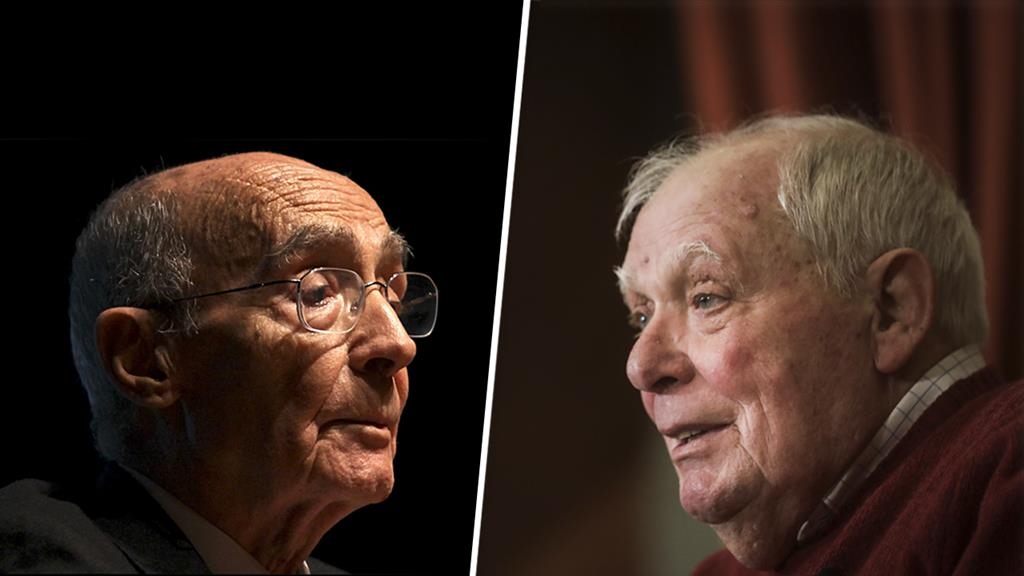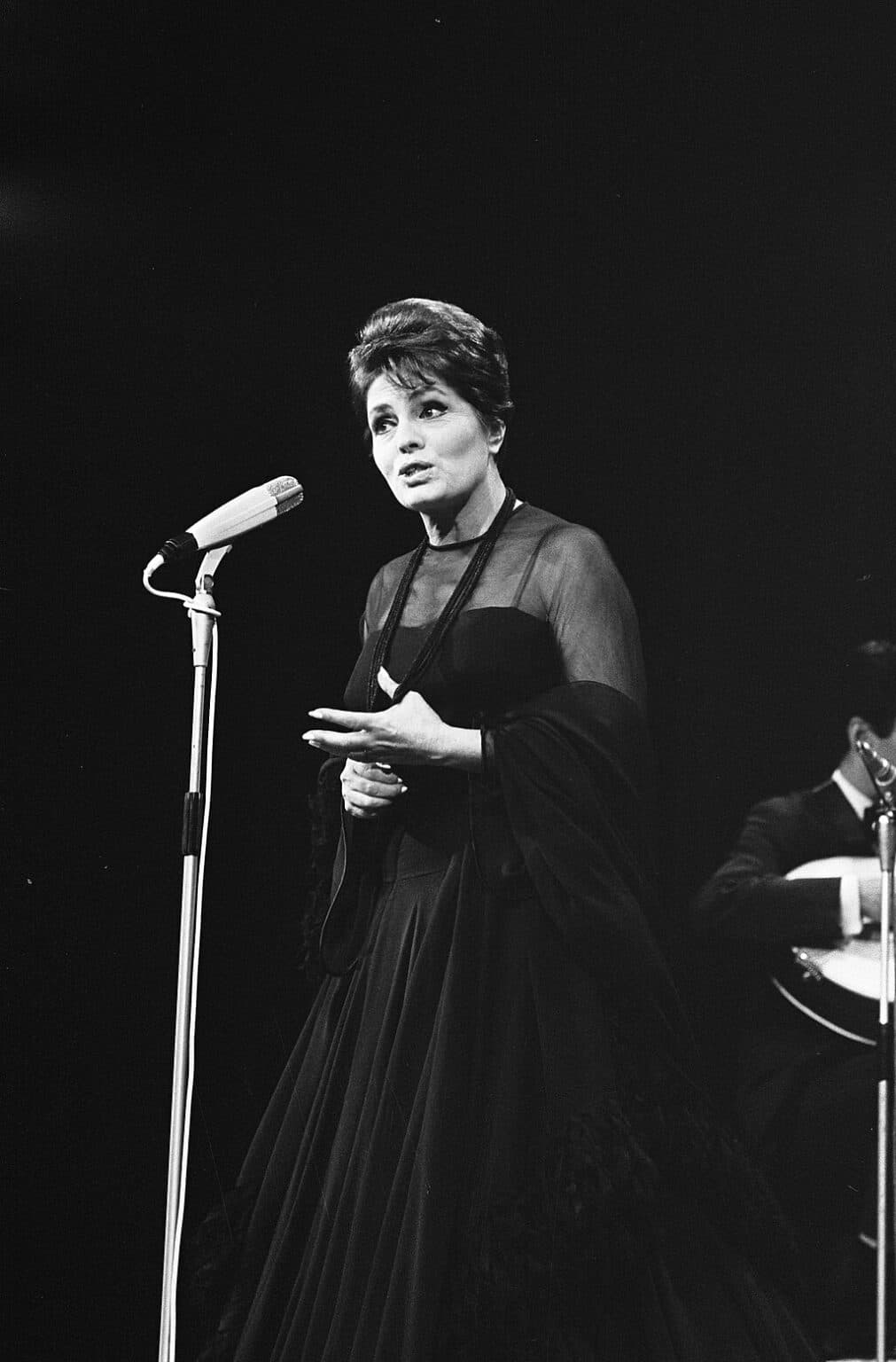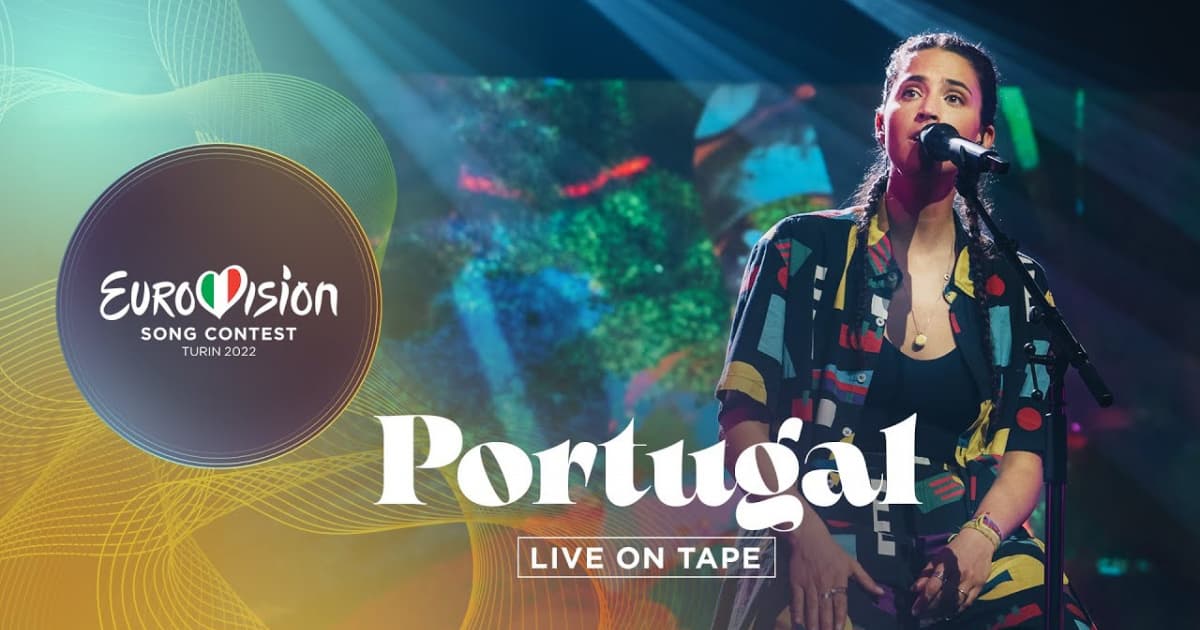
The Great Contemporary Portuguese Writers : Lobo Antunes, Saramago and Dulce Maria Cardoso
Ah, Portugal… known for its golden beaches, pastéis de nata, and fado singers whose voices carry heartbreak like no one else’s. But did you know that this small country also produces writers capable of stirring the entire world ? Yes, because here, words have character, they smell of strong coffee, Atlantic salt, and just the right touch of saudade ! So, get comfy (with a cup of coffee, of course), and let me take you to meet three giants of contemporary Portuguese literature : António Lobo Antunes, José Saramago, and Dulce Maria Cardoso.
António Lobo Antunes, the shrink of Portuguese souls
If there were a giant couch for the whole of Portuguese society, Lobo Antunes would be the country’s official therapist ! A psychiatrist by training (yes, really), he traded his white coat for a pen and began dissecting not brains but consciences. His writing ? Dense, demanding, sometimes a little chaotic… but profoundly human !
A former soldier during the colonial war in Angola, he brought back a worldview where absurdity and pain coexist, where memory and disillusionment walk hand in hand. Novels like The Land at the End of the World and Knowledge of Hell dive deep into the dark corners of the Portuguese soul with subtle humor, fierce tenderness, and disarming lucidity. Reading Lobo Antunes is like spending an evening trying to remake the world with a brilliant but slightly tortured friend.
José Saramago, the Nobel who taught the world to think (and to doubt)
Ah, Saramago! The man with the gentle eyes and never-ending sentences, literally never-ending (brace yourself, his syntax runs marathons). Winner of the Nobel Prize in Literature in 1998, José Saramago is undoubtedly Portugal’s most famous literary ambassador.
His unique style, built on long, flowing sentences with minimal punctuation, gives readers the feeling of stepping inside a moving thought. He observes the world, questions it, shakes it up always with a delicious irony. His masterpiece Blindness, for example, imagines a society struck by an epidemic of blindness, a powerful metaphor for a world that, even with sight, refuses to see (yes, it’s as brilliant as it sounds).
Saramago is like that philosopher grandfather we all wish we had wise, provocative, deeply engaged, capable of talking about politics, faith, freedom, and love all in one sentence (and without pausing for breath, hope you’ve got good lungs !).
Dulce Maria Cardoso, the female voice shaking up the codes
Time for modernity ! Dulce Maria Cardoso, born in 1964, belongs to a new generation of Portuguese writers who blend introspection, memory, and the modern world. And what a pen she has !
Exiled in Angola during her childhood and returning to Portugal after independence, she turned that experience of displacement and fractured identity into moving novels such as The Return. Her writing also explores everyday tragedies, hidden emotions, and past wounds… with prose that’s sharp, subtle, and almost cinematic.
Dulce Maria Cardoso proves that Portuguese literature knows how to reinvent itself without losing depth. And between us, her interviews are full of wit and intelligence, she’s the kind of author you’d happily listen to for hours (and of course, read too !).

© visao
A country where words matter (and resonate)
What’s fascinating about Portugal is that literature isn’t reserved for elites, it’s from the heart. Bookstores are lively, cafés buzz with readers, and writers are respected (sometimes even a little worshipped). Lobo Antunes observes, Saramago philosophizes, Dulce Cardoso feels three very different approaches, but the same intensity.
And if you don’t speak Portuguese, don’t panic, most of their works are beautifully translated (thank goodness !). So, no more excuses: pick up Blindness, The Return, or Knowledge of Hell, and let yourself be carried away by the rhythm of Portuguese prose.
Why we love them so much ?
Because they speak about us, even when they’re speaking about Portugal. Because they blend lucidity with poetry, pain with tenderness, thought with lightness. And because they remind us that sometimes, a single well-written sentence can say more than a thousand words.
Yes, we love Portugal for its sunshine, beaches, and pastéis de nata, but let’s not forget that this little country has given the world writers capable of illuminating the human soul… with a cup of coffee in hand. So, which one will you pick for your next read ?
Share this article
Suggested articles

Catarina Furtado, An Iconic Figure of Portuguese Television
Come on, admit it, if you grew up in Portugal (or you’ve zapped through RTP at least once), you’ve definitely seen her radiant smile on screen. Catarina Furtado is pretty much the “queen of Portuguese television” — charismatic, compassionate, and honestly, impossible to label (and what a woman !). She’s that kind of personality you feel you’ve known forever (the one we love to tease a little… before inevitably ending up admiring her, of course).

Portuguese Actors Making It in Hollywood
Ah, Portugal! A small country with giant waves… and actors who sometimes surf all the way to Hollywood. Yes, you read that right, Lusophone faces going from local telenovelas to massive American productions. Kind of like going from your café da manhã straight to the Hollywood spotlight… in sneakers! Let’s take a tour, with a pinch of humor, curiosity, and of course Portuguese pride.

Amália Rodrigues, the diva who made fado shine across the world
Some artists do not just sing; they embody emotion, history and identity. Amália Rodrigues was one of those rare souls. Born in 1920 in Lisbon’s Mouraria district, she grew up among street vendors, laughter and hardship. There, she discovered fado, the music of love, loss and longing.

Daniela Ruah, NCIS Star : Born in Boston, Proud of Her Portuguese Roots
Admit it, you’ve probably seen her on your screen, sunglasses on, confident stride, perfectly timed comeback… yes, it’s Special Agent Kensi Blye from NCIS : Los Angeles ! But what many people don’t realize is that behind this Hollywood-style actress lies a truly Portuguese soul. That’s right, Daniela Ruah was born in Boston, but she’s one of Portugal’s brightest stars!

Portuguese influencers taking Europe by storm
Portugal is no longer just a land of surf, fado and pastel de nata: it is also a breeding ground for digital influencers who are making their mark on the European scene. Whether in fashion, lifestyle, content creation or travel, young Portuguese creators are multiplying international collaborations, viral posts and highly engaged communities beyond the Lusophone world.

The new wave of Portuguese singers
Portugal is going through a vibrant musical moment. If you thought you already knew all the voices from the country, think again: a new generation of singers is making its mark right now with refreshing energy, blending traditional roots with modern boldness.


